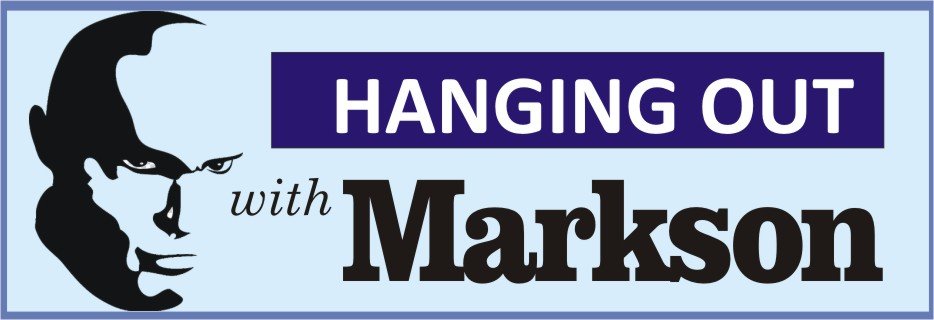 Port Harcourt — Oyigbo, the ever-bustling satellite town, 30 kilometres from Port Harcourt, the Rivers State capital, recently became the Niger Delta byword for the nationwide EndSARS protest. As EndSARS protesters voiced their demands on the streets, and Nigerians recoiled in horror as hoodlums hijacked the protests to cause mayhem in cities, a different, but nonetheless familiar tragedy was unfolding at Oyigbo. According to the Rivers State Government, some members of the outlawed Indigenous People of Biafra (IPOB) organisation renamed a local government, hoisted their flag at some public buildings which they also repainted in their colours. Then, allegedly, some IPOB hotheads attacked security agencies, killed six soldiers, four policemen and burnt and looted three police stations.
Port Harcourt — Oyigbo, the ever-bustling satellite town, 30 kilometres from Port Harcourt, the Rivers State capital, recently became the Niger Delta byword for the nationwide EndSARS protest. As EndSARS protesters voiced their demands on the streets, and Nigerians recoiled in horror as hoodlums hijacked the protests to cause mayhem in cities, a different, but nonetheless familiar tragedy was unfolding at Oyigbo. According to the Rivers State Government, some members of the outlawed Indigenous People of Biafra (IPOB) organisation renamed a local government, hoisted their flag at some public buildings which they also repainted in their colours. Then, allegedly, some IPOB hotheads attacked security agencies, killed six soldiers, four policemen and burnt and looted three police stations.
IPOB members were also said to have attacked Hausa traders who defended themselves. The resultant melee spilled into Port Harcourt city. I have friends residing at Oyigbo who were forced into lockdown and could not venture out of their homes for work, business or church services. Responding, the Rivers State Government declared a curfew in the area and shortly thereafter the Nigerian army deployed soldiers who are now accused of indiscriminate killings.
Things are somewhat quieter there now as people come to terms with the aftermath of the reign of terror in that community. Indeed, Oyigbo presents an enduring dilemma to the Igbo people and the Government of Nigeria, and here we mean at the state and federal levels including the security agencies. At the height of the violence, Governor Dave Umahi of Ebonyi State led his colleagues from the South East to Rivers State to assess the situation. They were joined by the socio-cultural organisation, Ohanaeze Ndigbo who was led by its 9th President. Chief John Nwodo. Both delegations in their meetings with Governor Nyesom Wike of Rivers State were keen to feel out the impact of the crisis on Igbos. As some will know, Oyigbo was carved out of Abia to Rivers State in 1976 following the report of the Justice Mamman Nasir boundary commission. Previously known as Obigbo (heartland of Igbo,) the community was renamed Oyigbo to reflect his new status, yet it remained an eclectic mix of all the tribes in Nigeria. Oyigbo is a major gateway to Abia State and the rest of the South East region, and boasts a vibrant agrarian culture with active oil and gas operations.
Some people say the Igbos remember their “glorious hold” over Oyigbo and wish those days will return. It stands to reason that these reminiscences will strike the right chord with a separatist organisation like IPOB whose aspirations to Republic of Biafra have been reduced to incendiary propaganda and bombastic claims and promises on a radio station. Is IPOB doing what the Igbos secretly nursed? The Governors and the Ohaneze Ndigbo leadership who came to Port Harcourt and indeed our Igbo brothers and sisters have a huge dilemma with IPOB. How do you excise a boil that is on a sensitive part of your body without destroying vital organs? With the talk on Igbo presidency, it will be interesting to see how the Igbos will successfully navigate the choppy waters of IPOB propaganda.
The other dilemma is for the government. How do you contain the separatist agenda of ruffians without opening yourself to accusations of extrajudicial killings? Why will attempts at restoring law and order get mired in accusations and counter accusations? On November 20 1999, the Nigerian Army were sent to Odi in Bayelsa State after criminals killed 12 policemen in three separate incidents. What happened afterwards led to allegations of the Odi massacre. And just recently, the Lekki incident in the EndSARS protest has continued to reverberate as we are fed drips of information on what soldiers did or failed to do.
We may never know what really happened at Oyigbo when the army deployed but a society that wants to keep step with claims of modernity and development must determine how to reign in renegade elements without doing so in a manner that detracts from its attempts to maintain law and order. It will be good if the dilemmas at Oyigbo will be resolved on the side of good governance.
*Markson Ibibo is a guest Columnist
